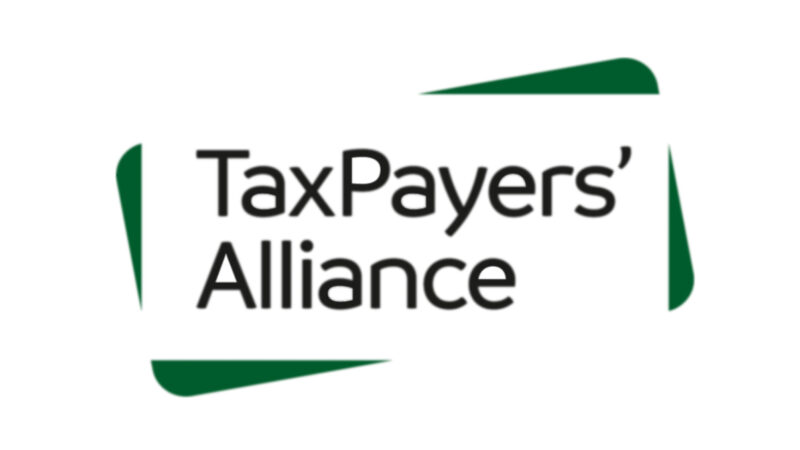Why we’re all in this together – including the boss

By Phil Worms
Amid the ceaseless barrage of media noise over the cost-of-living crisis, rocketing fuel prices and the conflict in Ukraine, it’s easy to forget that, at the centre of it all, is the health and wellbeing of millions of people.
We may feel blessed that we’re not fighting daily for our lives in the middle of a warzone, and that our enemy this winter will be social and economic slings and arrows, rather than rockets and bombs.
But that does not mean people in this country will not suffer in the months ahead because of factors outside of their control. Nor that lives and livelihoods will be badly damaged by lack of money and support.
Despite the political rhetoric of ‘bumps in the road’ and ‘challenges ahead’ – and amid platitudinous reassurances that ‘we’re all in this together’ – for millions of our fellow citizens, it will not feel like that.
The harsh reality is that, between now and next Spring, people will go cold and hungry and suffer physically and mentally, while feeling isolated and abandoned.
This is not simply a financial crisis, but a humanitarian one. Nor is it just a short-term problem that is going to be fixed easily.
With talk of a significant recession, a long-term effort is required to help people cope with what’s happening and everyone has a part to play in ensuring we come through it, collectively, with as little suffering as possible.
The Government has responded to an anticipated, near-trebling of household energy bills with a fiscal package that included a £2,500 price cap until next Spring and a £400 energy bill rebate under the Energy Bills Support Scheme.
As individuals, we can help by donating and lending our support in kind and labour to charities who are doing what they can to support and ease the financial burdens on our communities.
Just as the Third Sector was quick to respond to the challenges placed on disadvantaged groups by the Covid pandemic, it is also preparing to face this next, perhaps, graver, test head on.
Employers too have a responsibility to support staff with mental health issues, both in understanding their triggers and taking reasonable measures to ensure they are not exacerbated at work.
They cannot treat the financial pressures employees are likely to face in isolation. They should offer support and information that covers all aspects of employee wellbeing, including finances.
So, what are the potential signs that employers could look out for, that their staff members may not be coping?
Before the most recent price rises, one in four adults in the UK was already cutting back on the amount and quality of food they ate, with one in 10 eating cold food to save on energy costs. Nine out of 10 people have admitted delaying switching their heating on in order to save money.
The impact of such actions could be serious. Colder homes can lead to additional physical and mental health problems, as well as aggravating existing health conditions.
As well as the physical impacts of cold and poverty, there are potentially harmful, mental ill health effects, as millions of people experience the stress of tightened budgets, growing household debt and rationing of essential items, including food and clothing.
There is a risk that the coming winter will elevate the cost-of-living crisis into a full-blown mental health crisis.
Money worries can cause stress and impact on people’s decision making, limiting their social contact, leading to overwork, and causing them to make less healthy choices for themselves and their families. And there are fears that young people could be adversely affected by
this too.
Those with insomnia, stress, anxiety, and depression are more likely to live in rented and poor-quality housing than the general population, which can aggravate existing issues. Those suffering fuel poverty, are also less likely to have access to transport and are more likely to miss appointments.
Research during the Covid pandemic found that almost half of UK adults who had mental health problems (44%) and fell behind on bills, either considered or attempted suicide.
A survey of its members by the British Association of Counsellors and Psychotherapists (BACP), found that 61% of therapists said their clients were anxious about affording household bills, while some 52% said their clients were losing sleep and 49% said clients were cutting back on meaningful activities, such going to the gym.
What can employers do to support their staff through the coming crisis?
The first rule for supporting employees, regardless of an organisation’s size, is not to make promises that can’t be kept. In this time of insecurity, a balanced approach is needed – one that will provide employees with help now, while building their financial resilience for the
future.
There are two principle things that an employer can do to help employees tackle the financial aspect of the cost-of-living crisis: increase pay or help reduce their costs.
The first option, whilst appearing the simplest to action, is not viable for many organisations feeling the impact of financial pressures too. For the second option to work effectively, the employer must understand what the employee needs, as these will differ according to the individual.
A ‘one size fits all’ approach will not work. For example, for some who are hybrid working, the cost savings of the commute might outweigh their expenditure on gas and electricity whilst working at home.
For others, the reverse will be true. Salary sacrifice schemes can provide employees with quick access to things like childcare and transport support in a cost-effective way for them and their employer.
It is assumed that every employee has a good grasp of budgeting and managing their personal finances, however this is not always the case, and it is this area that presents a real opportunity for an employer to offer support.
Financial education and guidance through coaching or signposting, to help employees understand their finances, including proper budgeting and managing debt, can be a low cost but extremely impactful benefit.
Only about half of those with poor mental health and personal struggles ever talk to
their employer about what they are going through. Employers have a responsibility to
support staff with mental health issues, both in understanding the triggers and
taking reasonable measures to ensure they are not exacerbated at work.
In 2021, 149.3million working days were lost to illness, with 19million of those due to poor mental health. Making reasonable adjustments to support employees with mental health issues is more likely to lead to higher productivity and lower staff turnover.
Workplaces with elevated levels of mental wellbeing are more productive, by as much as 12%. The Health and Safety Executive says there is a legal duty to protect employees from stress at work by doing a risk assessment and acting on it. Recognising triggers to stress allows employers to identify underlying stress-related reasons for staff absences.
Employers who fail to deal appropriately with work-related stress, can face personal injury, discrimination or unfair or constructive dismissal claims from employees.
They will also incur the costs of stress-related lost productivity and absence. ACAS has developed a framework for positive mental health at work. It states that management of positive health is a shared responsibility with employers, line managers and individuals collectively having a role to play.
With the Organisation for Economic Co-operation and Development (OECD) stating that British families have suffered the biggest hit to incomes of the world’s richest nations, we can’t underestimate the domestic battle ahead of us. In the main, employers stepped up to the plate during the Covid pandemic, and they must do so again if we are to come through the cost of living crisis. Not only does it make real business sense to have a strong, resilient and well workforce but it is simply the right thing to do.
Phil Worms is chief executive of (only use Glasgow-based if it’s going in a Scottish publication) Frog Systems, who provide digital employee wellbeing support for companies and organisations.






